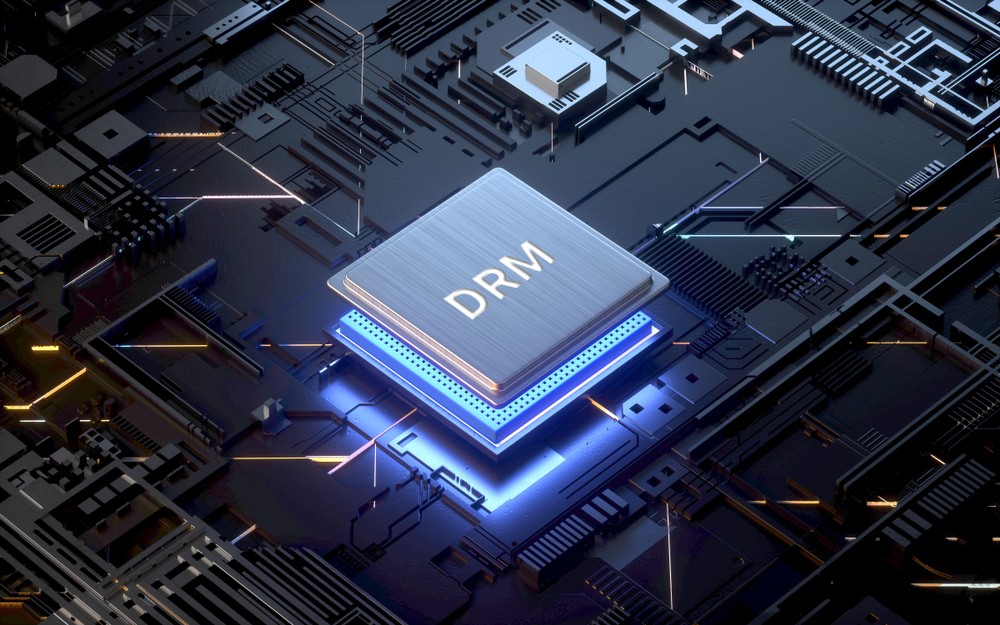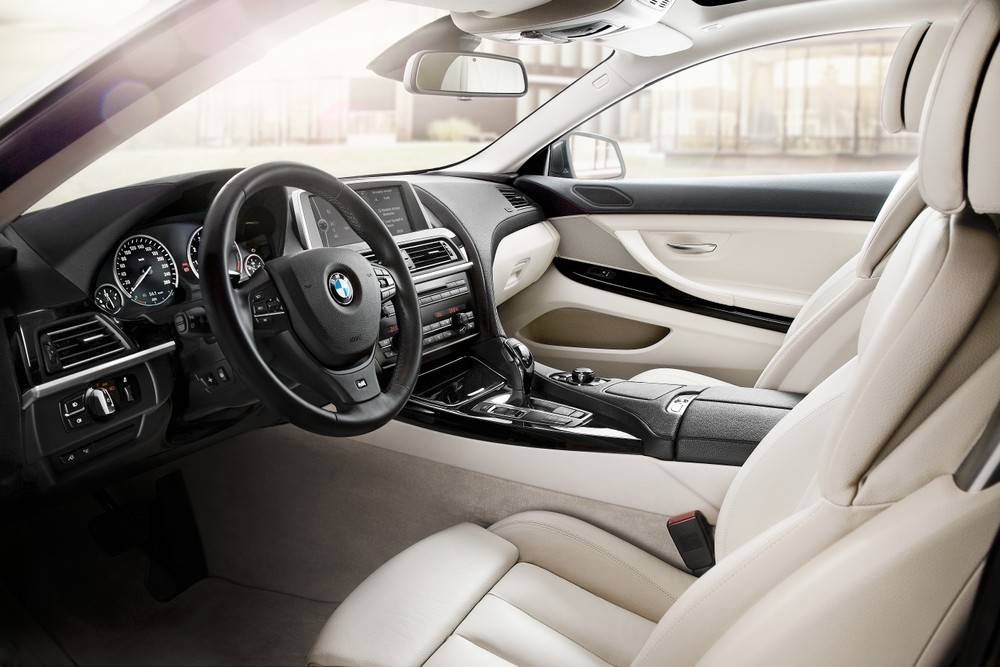Manufacturing Is Pushing Boundaries With DRM

Digital rights management (DRM) is a hotly contested issue in the world of manufacturing. Consumers bemoan the closed product ecosystems and the cost of ownership that accompany DRM-enabled products. Manufacturers, on the other hand, emphasize the importance of DRM in maintaining competitive advantage and market share.
Recent news from automaker BMW demonstrates both sides are still fighting to gain ground.
BMW shifts to DRM
Manufacturers have used DRM protections to safeguard proprietary designs for years. At a basic consumer level, DRM-protected ink cartridges are now a standard among major brands such as HP and Canon. In a more contentious arena, John Deere is well known for pushing DRM standards on its tractors to prevent tampering and third-party repair. Now, BMW has joined the fray.
In early July, BMW announced it would begin offering a subscription service for heated seats and other luxury features. Not only has the introduction of DRM gatekeeping sparked ire among consumers, but many are quick to point out that all vehicles will ship with the capabilities — which means BMW is using DRM not to safeguard its technologies but instead to create revenue streams.

The manufacturer’s case for DRM
BMW’s decision to charge customers for once-standard features is a clear revenue strategy. But why shift to DRM? Instead of adding features based on different service packages during the production process, the automaker can focus on producing a stock-standard vehicle at a lower cost. Those customers looking to buy above and beyond the base package would pay for those features monthly, instead of upfront.
There’s also the changing dynamic of vehicle technology to consider. As assistive technologies become more prevalent, automakers will spend more money to continually push updates to vehicles on the road. This cost is more easily borne by subscription revenue and allows automakers to continue updating vehicles at no direct cost to the driver.
A pivotal fight in the DRM battle
It’s important to note that BMW’s switch to a DRM model hasn’t yet landed in the United States. That said, there is precedent for vehicle subscriptions — most notably, Tesla’s Full-Self-Driving driver-assist feature (which costs $199/month). BMW previously tried to introduce DRM features, including an $80 annual subscription for Apple CarPlay.
With customers pushing back before the service even hits U.S. soil, it’s clear there’s a battle on the horizon. Where DRM has become a mainstay in some manufactured products, it is still quite new to the automotive industry. While manufacturers see DRM as a way to improve vehicle longevity and streamline production, customers are hesitant or even unwilling to pay to unlock features previously included for free.
Will customers accept DRM in vehicles? Only time will tell. It will take a concerted effort by automakers to set a new standard that customers are willing to accept. Until then, the battle over DRM continues.